Medewerkers met het vakgebied Psychologie, Sociale
Wetenschap ontwikkelt zich waar verschillende vakgebieden samenkomen. Alleen al daarom bestaat er binnen de RUG een grote verscheidenheid aan vakgebieden, met daarbinnen een groot aantal vakspecialisten. Met behulp van onderstaand overzicht, gebaseerd op een vaststaande indeling van wetenschapsgebieden, vindt u op elk vakgebied de juiste deskundige. Komt de deskundige die u zoekt niet voor in deze lijst? Via een vergelijkbaar vakgebied of een gerelateerde faculteit vindt u mogelijk alsnog de juiste persoon.
Overzicht van alle vakgebieden

Shared decision making, medication adherence and behavioural change

Otto Adang was per 1 april 2016 bij de Faculteit Gedrags- en Maatschappijwetenschappen benoemd tot bijzonder hoogleraar Veiligheid en collectief gedrag. Adang is sinds 2004 lector Openbare Orde & Gevaarbeheersing aan de Politieacademie. De leerstoel werd... lees meer
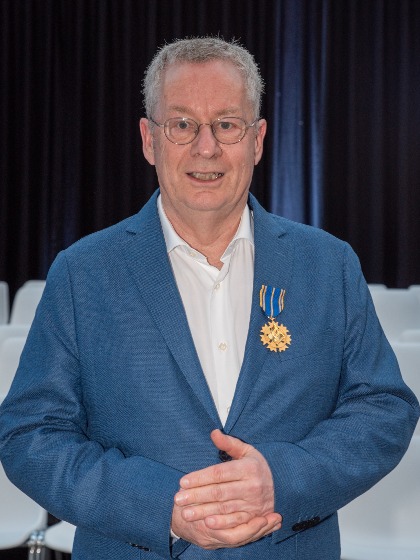
Contact
Functie
Bijzonder hoogleraar (Emeritus) Veiligheid en Collectief gedrag
Vakgebied
motivatie psychologie, pro-sociaal gedrag, anti-sociaal gedrag, psychologische behaoeften, intergroeps gedrag
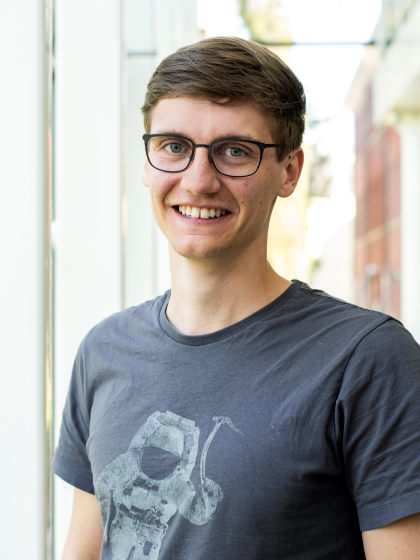
Contact
Functie
Promovendus
I am a social and applied psychologist interested in social identity, intergroup relations, diversity, stigmatized groups, masculinity, and gender inequality. Currently, I am using qualitative and experimental methods to work on masculinities, inequality... lees meer
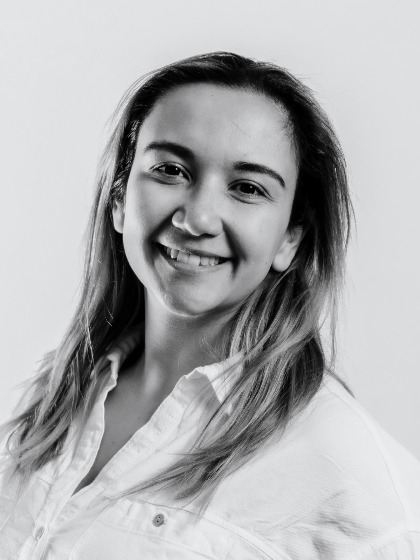
CEOs, Top Management Teams and Boards
Corporate Governance
Strategic Leadership
Corporate Governance
Strategic Leadership
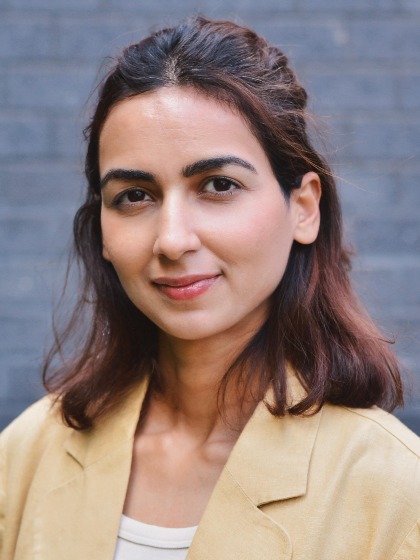
Contact
Functie
Assistant Professor
Vakgebied
Group Interaction, Leadership, Gender Equality
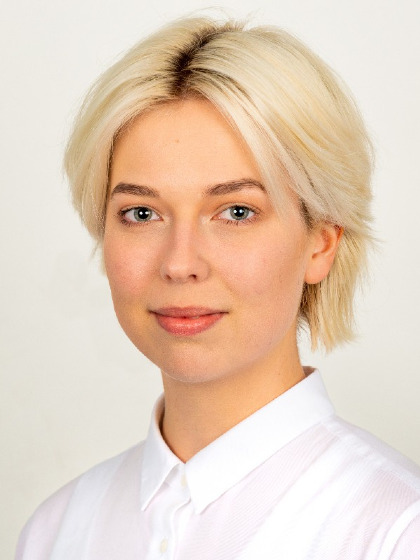
Contact
Functie
PhD Candidate
Vakgebied
Social Psychology, Organisational psychology, Stress/Well-being, Intergroup relations, Socialization process
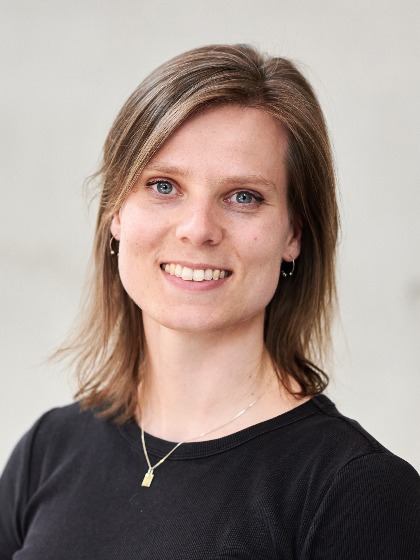
Contact
Functie
Docent
Vakgebied

My work centers around issues of conflict dynamics—including direct/armed conflicts and structural/prejudice-based conflicts—and social relations, both between groups and individuals. I explore how conscious (explicit) factors influence how people think,... lees meer
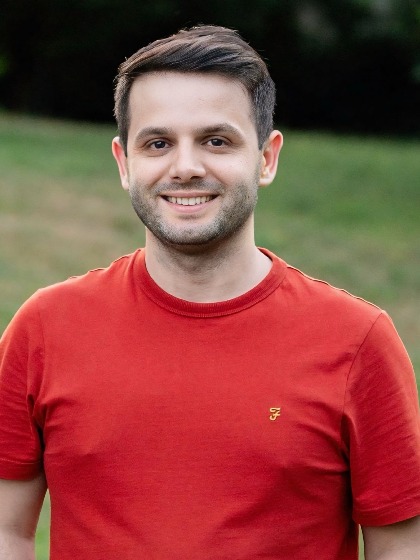
Contact
Functie
Assistant Professor
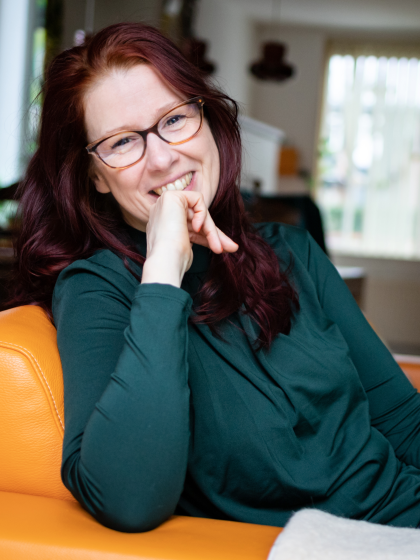
Contact
Functie
Institutional researcher
Keywords: Omgevingspsychologie, waarden, groepsprocessen, mispercepties, vaak in de context van grote maatschappelijke crises (o.a. klimaatverandering) en transities (o.a., energietransitie).
Onderwijs: Coördinator Economic and Consumer Psychology... lees meer
Onderwijs: Coördinator Economic and Consumer Psychology... lees meer
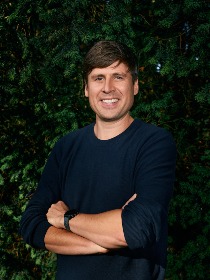
Contact
Functie
Associate Professor (met ius promovendi)
Broadly, my research focuses on understanding the motivations that drive advantaged group members to behave both anti- and pro-socially towards disadvantaged groups, using quantitative methods. Specifically, I aim to identify ways to improve conditions... read more
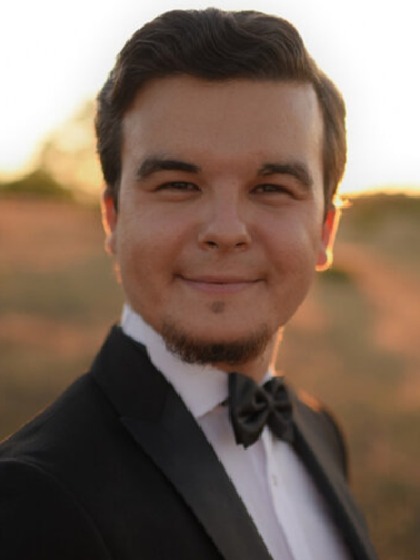
Contact
h.cakmak rug.nl
Functie
Adrien analyses the interest in and feasibility of citizen participation in energy governance. He is focusing on public participation in the context of the energy transition, examining the prospects for energy community development in the European... read more
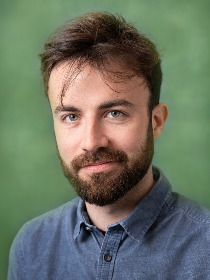
Contact
a.b.m.chanteloup rug.nl
Functie
PhD Candidate in Environmental Psychology
Vakgebied
Social-cognitive factors of behaviour change; Public health promotions; Acceptability of innovations; Social dilemma and cooperation
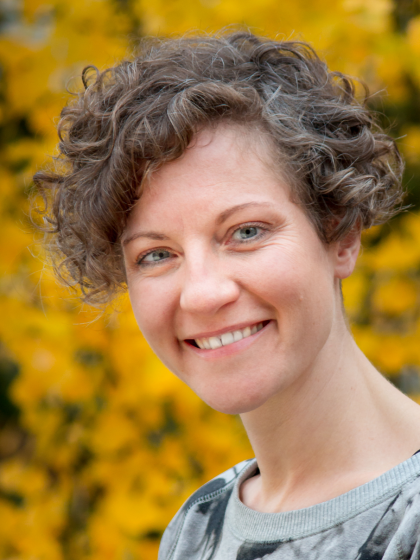
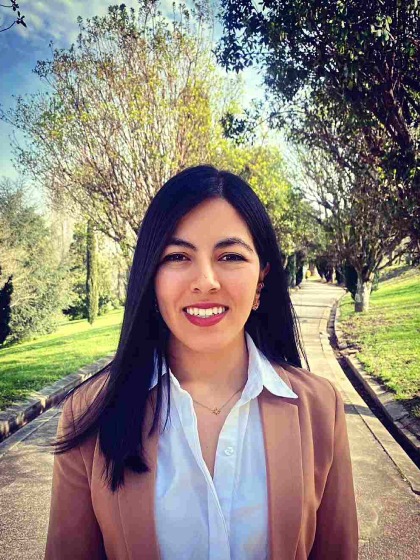
Health Psychology, Psychosocial determinants of health and health-related behaviours
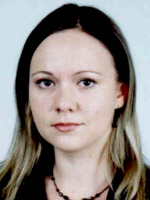
Contact
Functie
Senior researcher of Youth and Health Graduate School KISH research program
Occupational health, high-sensitivity, neurodiversity, inclusivity, evidence-based design, breastfeeding and work
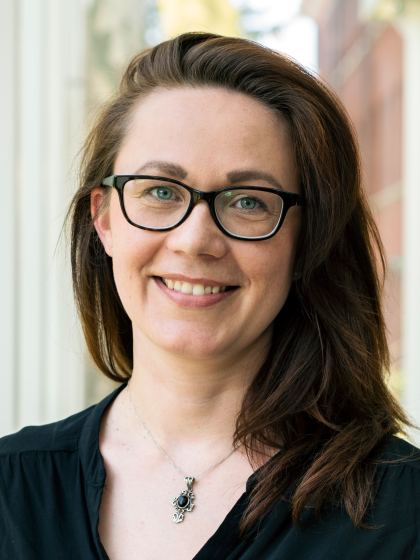
Contact
s.a.van.dellen rug.nl
Functie
Lecturer
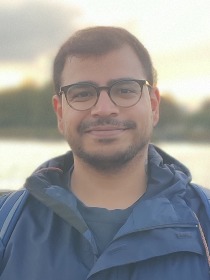
Gezondheidspsychologie; Gedragsverandering- en beinvloeding; Leefstijl; Verslavingen; Leefstijlcoaching; Psychologie van Covid-19; Wetenschap en Methodologie
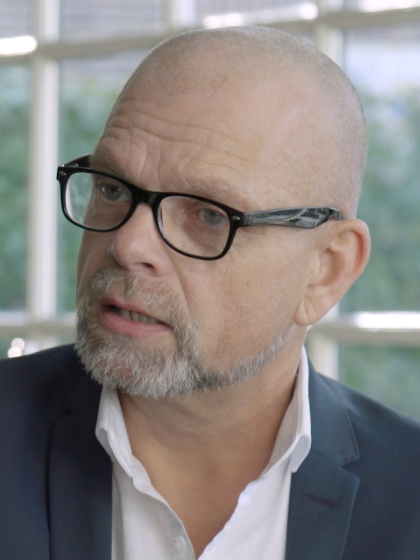
Contact
Functie
Hoogleraar
Environmental Psychology

Rampen, Crisisbeheersing, Kwetsbaarheidsanalyse; Publieke veiligheid, Publieke gezondheid
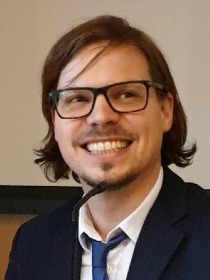
Contact
Functie
Bijzonder hoogleraar Crises, Veiligheid en Gezondheid / onderzoeksleider Gronings Perspectief
Environmental psychology, Sustainable technology adoption, Sustainability transitions, Agent-based modelling
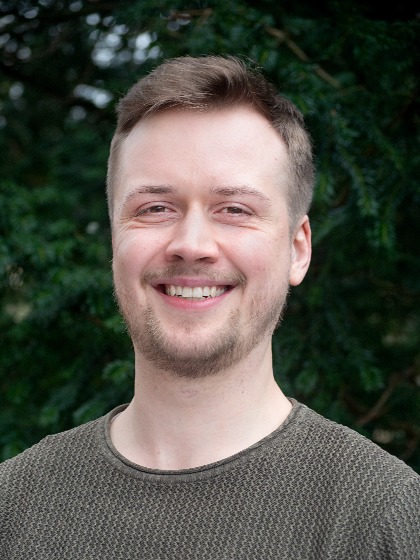
Contact
p.s.eppe rug.nl
Functie
PhD student
Counterfactual thoughts; regret; nostalgia; counterfacual emotions; social judgment
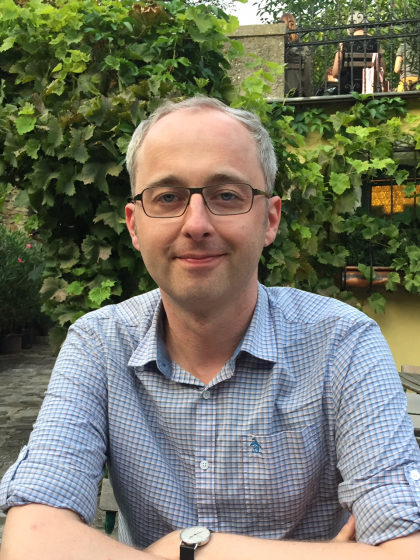
Contact
Functie
Associate professor (with ius promovendi)
Vakgebied
Consumer psychology, persuasion, unconscious influence, consumer self-regulation, nudging and heuristics, consumer health and well-being, food-related decision making, sustainable consumption.
I am deeply fascinated by what you could label "Hidden... lees meer
I am deeply fascinated by what you could label "Hidden... lees meer
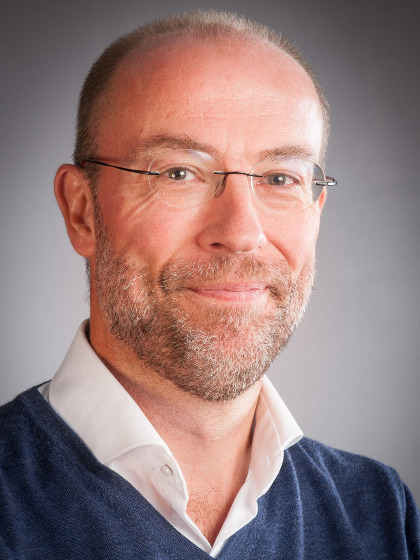
Contact
Functie
Hoogleraar
Negotiation, Conflict Management, Leadership, Power, Group identity, Justice and Punishment, Organizational conspiracy beliefs
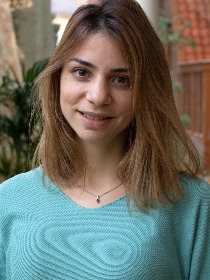
Contact
Functie
Assistent Professor
Mijn onderzoek richt zich op het begrijpen en bevorderen van duurzaam en gezond gedrag. Specifiek onderzoek ik onderwerpen zoals de Circulaire Economie, Microplastics, Circulair Plastic en Recycling. In samenwerking met experts uit verschillende... lees meer
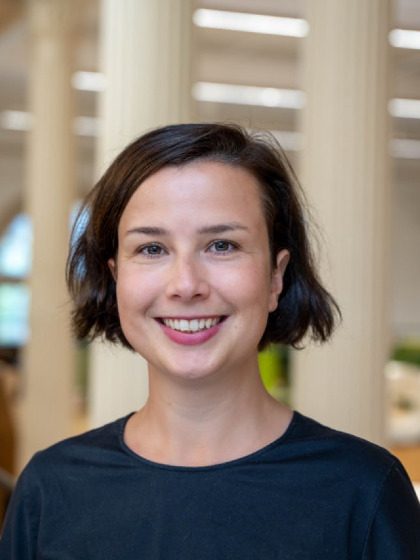
Contact
j.l.geiger rug.nl
Functie
Assistant Professor Social and Environmental Psychology
My research is centrally concerned with how social environments (ranging from cultural resources and discourses to everyday social interactions) influence individual development. For example, my PhD research project focuses on how sexual identity... lees meer
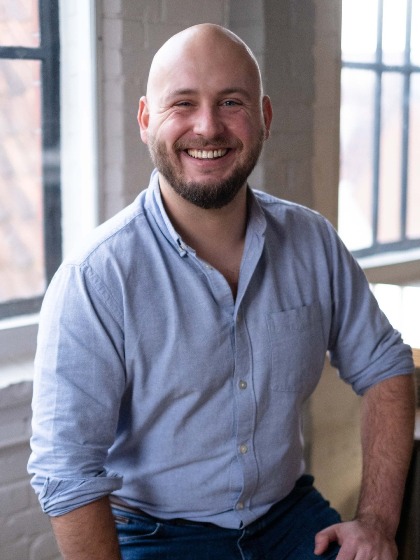
Contact
Functie
Universitair Docent
Vakgebied
Mijn expertise ligt op het gebied van psychosociale interventieonderzoeken die de gezondheid in brede zin bevorderen. Met gezond ouder wordt meer bedoelt dan voorkomen en genezen van ziekten. Het vermogen om je aan te passen en de eigen regie te voeren... lees meer
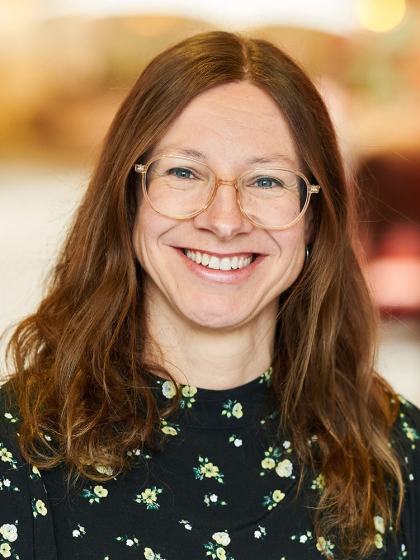
Contact
Functie
Universitair Docent
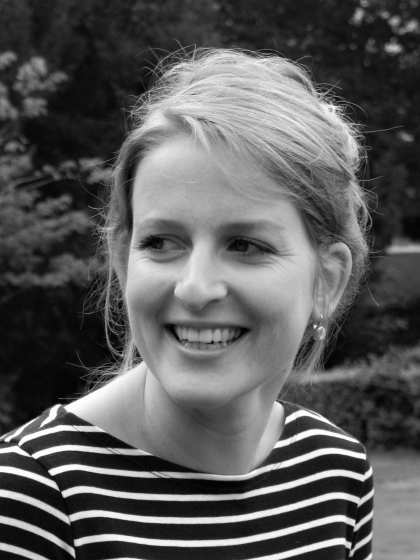
Environmental psychology: public acceptability of energy system elements and environmental policies
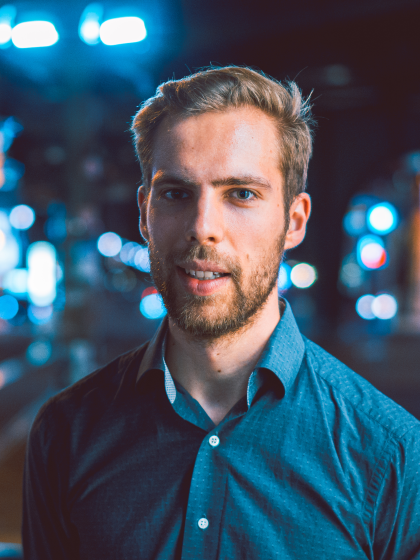
My expertise and interests are broadly LGBTQIA+/Queer studies, Diversity and Inclusion, and Social and Cultural Psychology. My PhD research focused on the resilience experiences of LGBTQIA+ (Lesbian, Gay, Bisexual, Transgender, Queer, Intersex,... read more
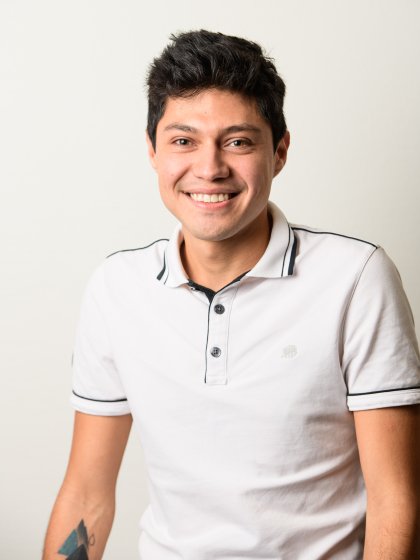
Contact
v.r.gonzalez.alvarez rug.nl
Functie
PhD candidate
stereotypering, vooroordelen, emoties, intergroepsconflict
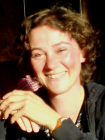
Sociale psychologie, Online (groeps)gedrag, Collectieve actie, Humor, Conflict (de-)escalatie, Kwantitatief en kwalitatief onderzoek.
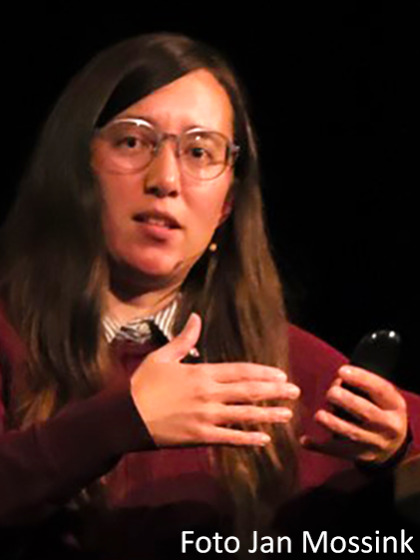
Contact
Functie
Universitair docent
Onderzoeker op het gebied van duurzame gedragsverandering en consumptie gedrag.
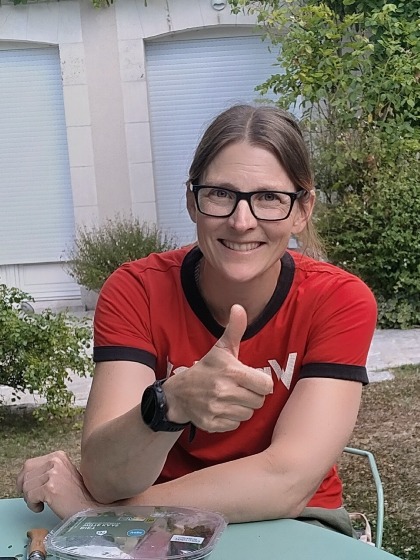
Contact
Functie
emotieregulatie, negatieve feedback
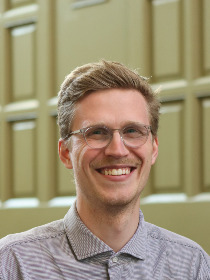
Contact
Functie
PhD candidate in Social and Organizational Psychology
I study the psychological and cultural foundations of gender relations and inequality, using quantitative and qualitative research methods (e.g. lab experiments, vignette studies, surveys, observations, interviews).
My research is directed to finding new... read more
My research is directed to finding new... read more
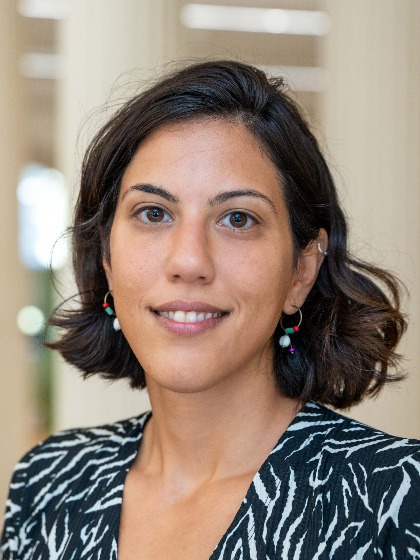
Contact
p.gul rug.nl
Functie
Universitair Docent
Cognitive style, motivation, motivated reasoning
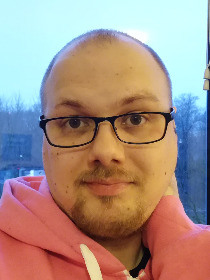
Contact
Functie
Docent
Vakgebied
Sociale en culturele veranderingen door modernisering in het globale zuiden, empowerment van vrouwen, migratie en integratie van vluchtelingen, microfinancering, sociale impact evaluatie
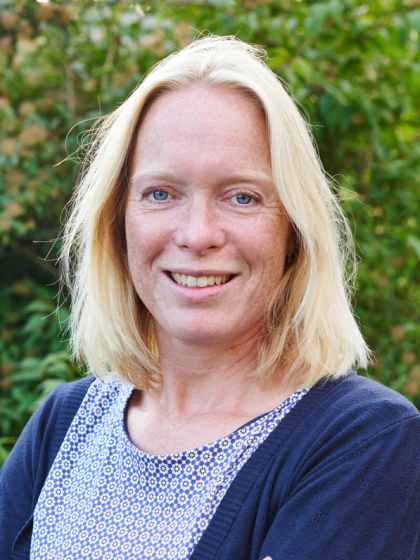
Integratie van nieuwkomers in Nederland, intergroup contact.
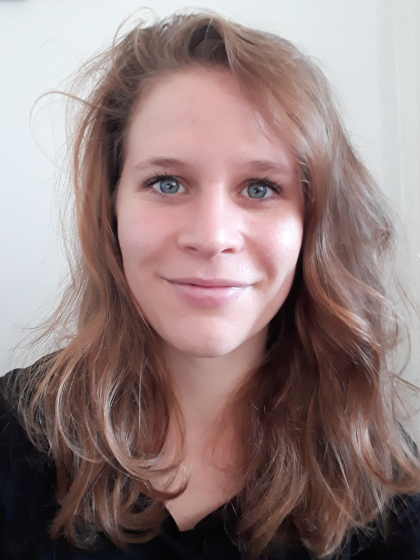

Contact
s.r.hiemstra rug.nl
Functie
Junior Onderzoeker Statushoudersproject
Klimaatangst

Contact
l.m.holzle rug.nl
Functie
Promovendus in Omgevingspsychologie
Vakgebied
- Rechtspsychologie (Behavioural Law)
- Reclamerecht en Levensmiddelenrecht
- Psychologie op de financiële markten (Behavioural Finance)
- Consumentenbescherming door informatie
- Reclamerecht en Levensmiddelenrecht
- Psychologie op de financiële markten (Behavioural Finance)
- Consumentenbescherming door informatie
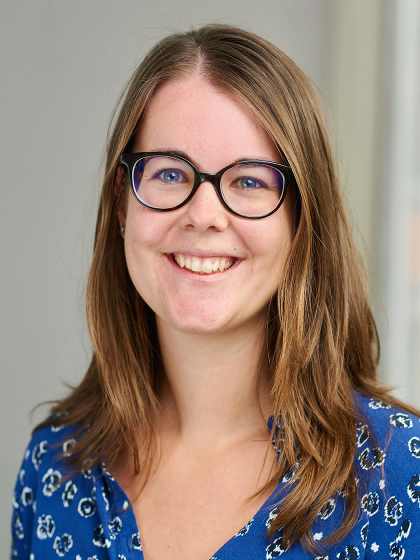
Contact
Functie
Universitair Docent
Vakgebied
Marketing, agent based simulation
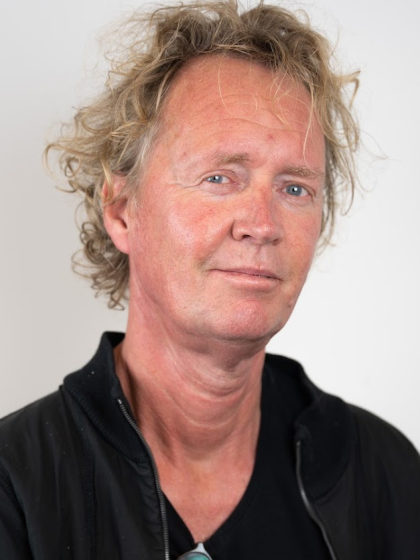
Contact
Functie
Universitair Hoofddocent
Groepsprocessen, Duurzaamheidstransities; Sociale identiteitsvorming, Lokale initiatieven, Diversiteit, Interdisciplinariteit
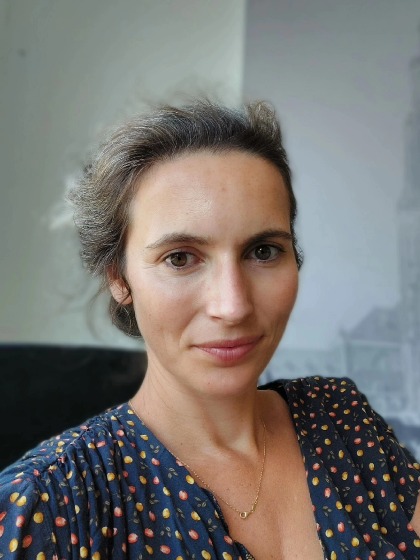
Contact
Functie
Universitair hoofddocent Sociale-omgevingspsychologie
Vakgebied
Research data management, privacy in research, data protection
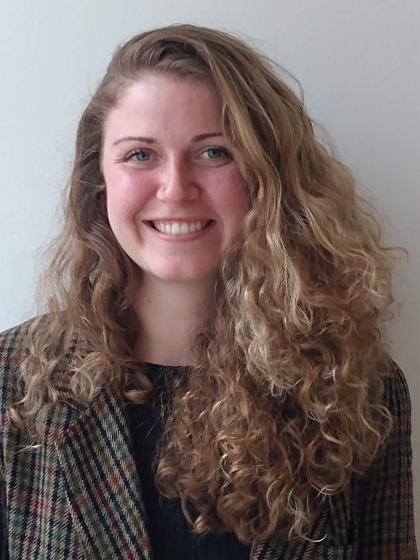
Contact
marlon.de.jong rug.nl
Functie
Data steward - privacy & data protection
I work as an organizational psychologist, researcher, coach and trainer. I am interested in topics around creativity, flow, core qualities and coaching. The overarching theme in my work is creating an optimal fit between the individual’s qualities and... lees meer

Contact
Functie
Universitair Docent

Contact
Functie
Postdoctoraal onderzoeker
Vakgebied
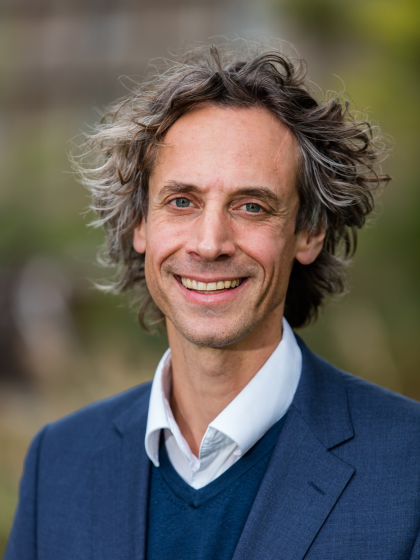
I am a social psychologist interested in investigating how disadvantaged groups navigate their identities through privileged systems. How do they deal with their lower status? How does society perceive them? When do advantaged groups support their action... read more
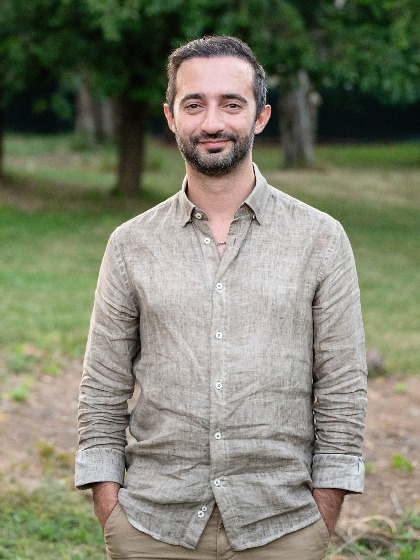
Groepsprocessen en communicatie. Polarisatie, sociale verandering, micro-dynamiek van gesprekken.
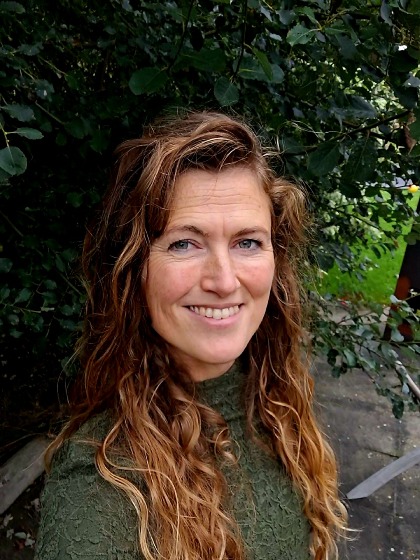
Contact
Functie
Universitair Hoofddocent Psychologie
Vakgebied
Wanneer en hoe plannen mensen protestacties door met elkaar te praten over onrecht?
Hoewel de motivaties die mensen ertoe zetten om te protesteren uitgebreid onderzocht zijn, combineert tot nu toe nog geen onderzoek alle ingrediënten die nodig zijn voor... lees meer
Hoewel de motivaties die mensen ertoe zetten om te protesteren uitgebreid onderzocht zijn, combineert tot nu toe nog geen onderzoek alle ingrediënten die nodig zijn voor... lees meer
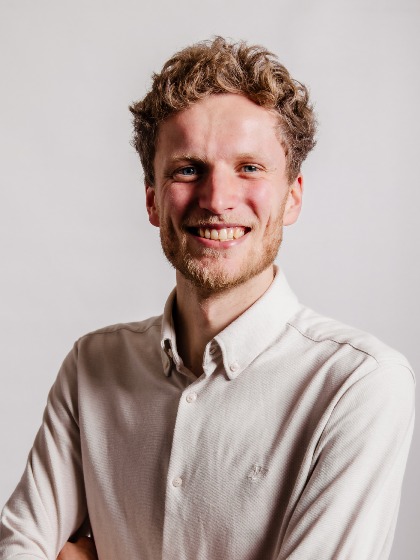
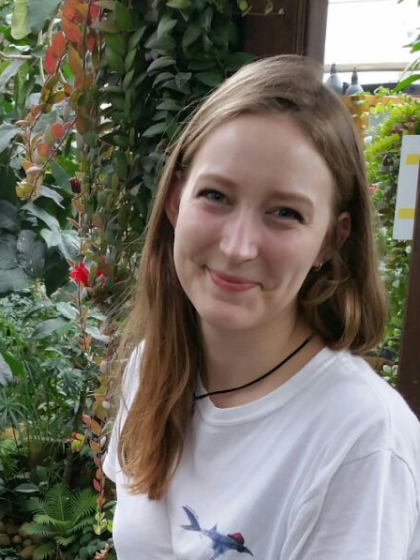
Madelines onderzoek focust zich op voedingszekerheid en het empowermentproces van vrouwen in Bangladesh en Ethiopië.
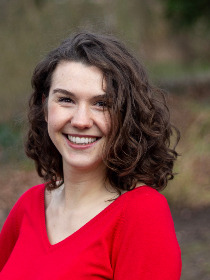
Contact
m.g.langley rug.nl
Functie
PhD kandidaat

Motivation and goal pursuit; implicit social cognition; social contagion; aggression
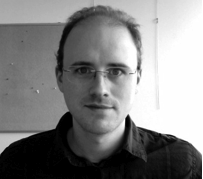
Contact
Functie
Universitair Hoofddocent
Vakgebied
Environmental Psychology: environmental self-identity, social identity and feeback intervention; Organisational Psychology: group dynamics, leadership and reciprocal trust.
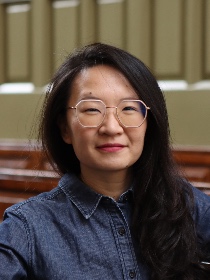
Consumentenethiek | Cause-Related Marketing | Goede doelen | Fondsenwerving | Maatschappelijk Verantwoord Ondernemen | Sustainable fashion | Consumentengedrag |Rechtvaardigheid en Eerlijkheid | Onderhandelen
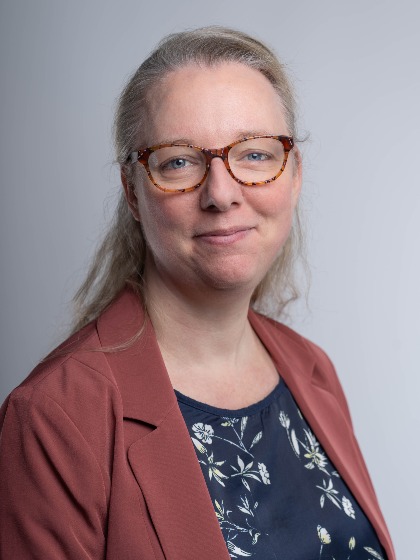
Contact
Functie
Aletta Jacobs hoogleraar Consumentenethiek
Environmental Psychology
Traffic Psychology
Traffic Psychology
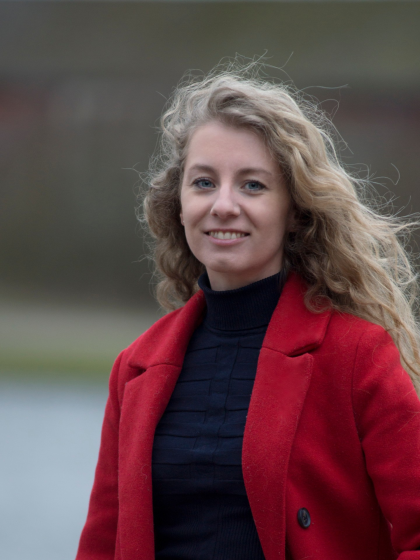
Child and family welfare;
decision-making; inequalities in
child protection
;
family foster care; residential child and youth care; transition to adulthood from public care; LGBTQIA+ youth in care; participation of children and families in the child... lees meer
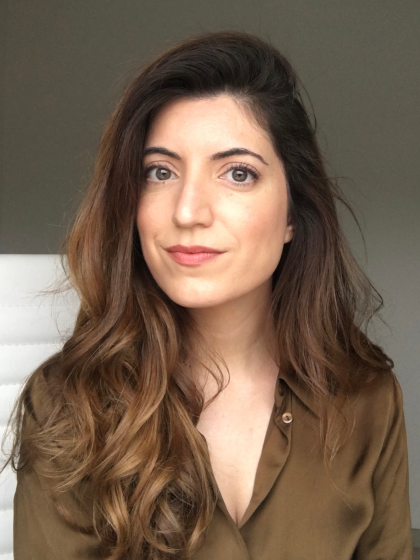
Contact
Functie
Adjunct Hoogleraar
Environmental Psychology, Climate change adaptation, Positive Adaptation, Psychological resilience
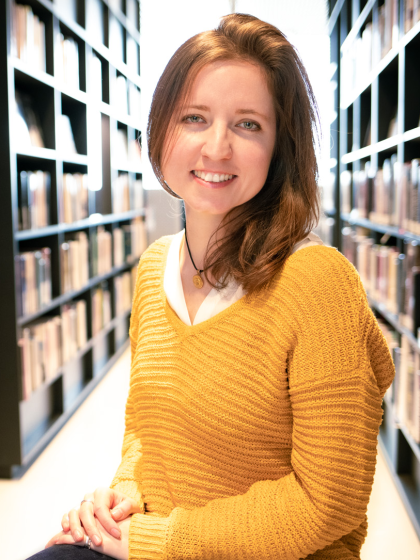
Marketing, consumer behavior, social psychology, social influence, communication, experimental research
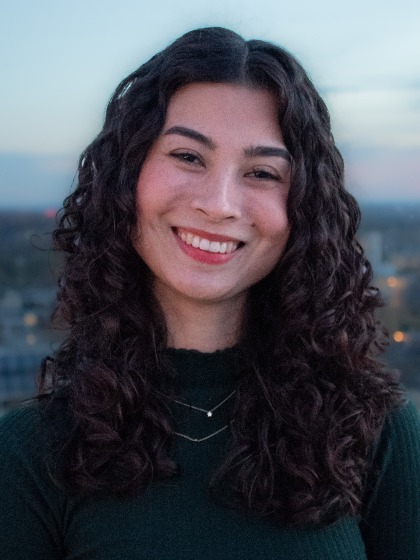
Contact
j.r.ludoph rug.nl
Functie
PhD student
Main areas of expertise are Social Acceptance and Adoption, Intellectual Capital, stakeholder analysis. Methodologically, strong background in data and text mining, Natural Language Processing, psychological and semantic network modeling, social network... read more
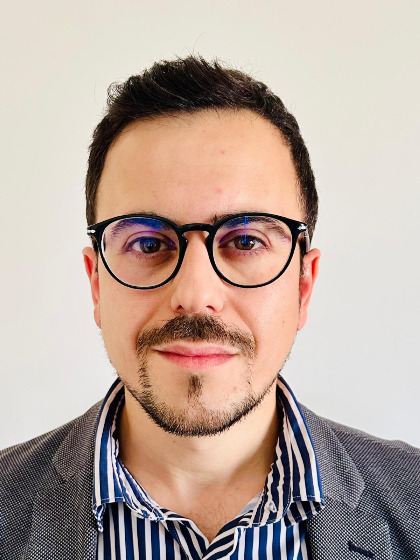
Contact
n.ludovico rug.nl
Functie
Postdoc Researcher
Health Psychology, Social determinants of health
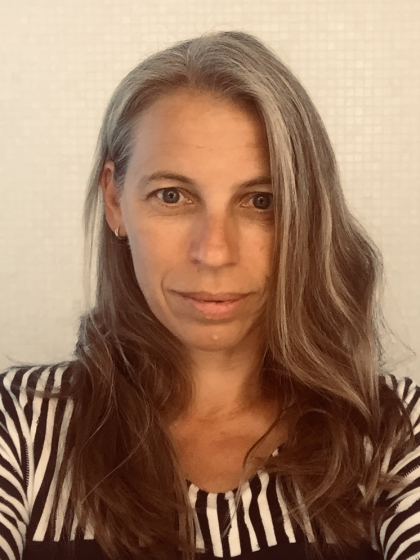
Contact
Functie
Supervisor of PhD study
agent-based modeling, evolutionary game-theory

Contact
r.manfredi rug.nl
Functie
Valentin Mang is a PhD candidate at the Department Social Psychology and the Department of Marketing. His PhD research focusses on the antecedents and consequences of belief in misinformation and conspiracy theories. Besides that, his research and... read more
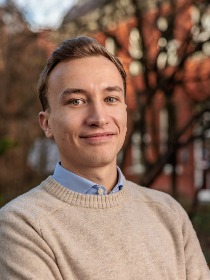
My broad interest is to better understand how people respond to transgressions in the social and political domains from their value, belief, and emotion systems. I incorporate in my work different insights and methods from emotion science, social, and... read more
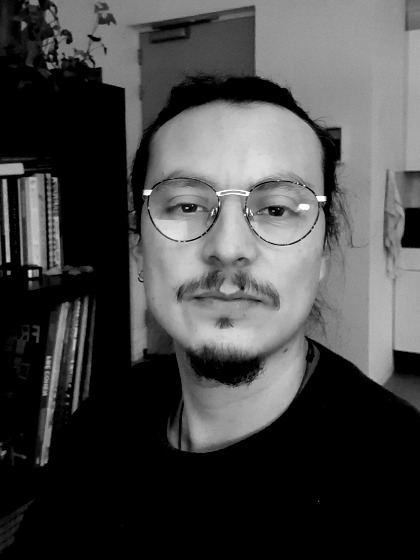
Contact
c.a.martinez rug.nl
Functie
Assistant Professor
Environmental and social psychology
Environmental beliefs, frugality, climate change adaptation, teaching innovation.
Environmental beliefs, frugality, climate change adaptation, teaching innovation.
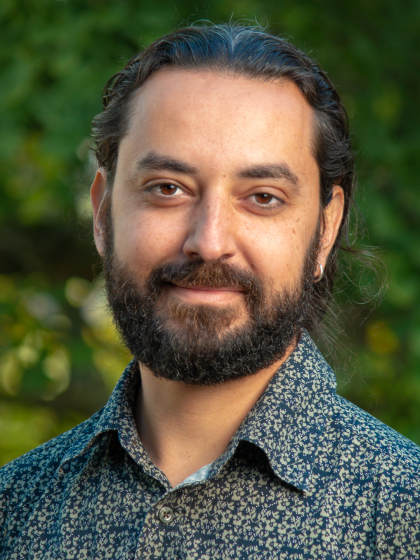
Contact
Functie
Assistant professor
Vakgebied
moraliteit, (on)ethisch gedrag, sancties, regels en normen
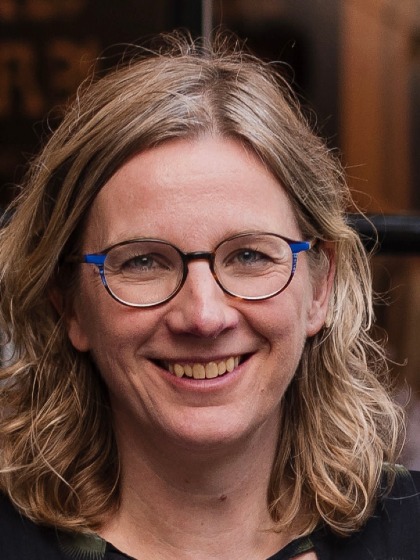
Contact
Functie
Universitair Hoofddocent
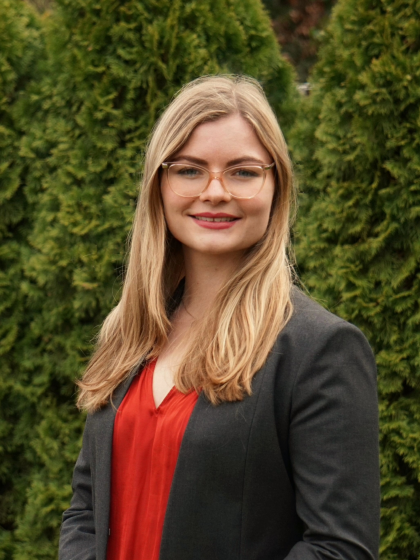
Behavioral science, social psychology

diversiteit, sociale integratie, intergroepsrelaties, sociale identiteit
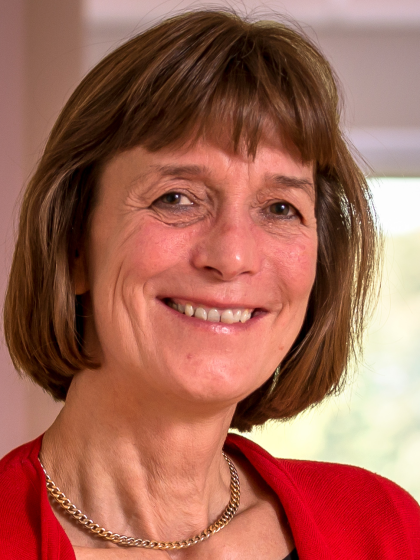
Contact
Functie
Hoogleraar Intergroepsrelaties en Sociale Integratie; facultaire representant voor Diversiteit en Inclusie (D&I officer)
Vakgebied
Leefstijlinterventies

Contact
r.r.oweh rug.nl
Functie
Promovendus en junior onderzoeker
Milieupsychologie, Evolutionaire Psychologie
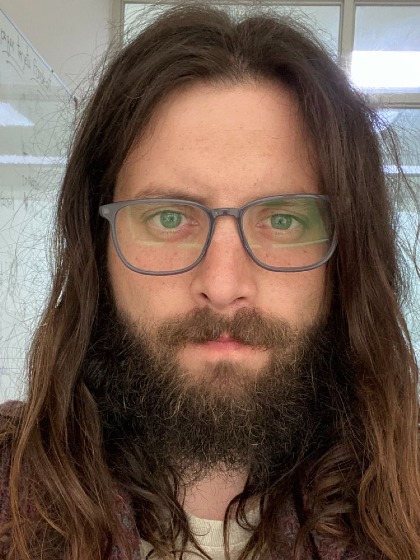
Contact
g.f.palomo.velez rug.nl
Functie
Postdoctoraal Onderzoeker
Vakgebied
My key research interests lie in public evaluations and acceptability of energy sources, systems and policies, and which factors influence these evaluations and acceptability judgements. I focus on theory development and applying theory in addressing... read more

Contact
Functie
Hoogleraar Publieke acceptatie van duurzame transities
Vakgebied
Tom Postmes onderzoekt menselijk gedrag in virtuele groepen en gemeenschappen, in grote mensenmassa's, maar ook in organisaties en "gewone" teams. Daarin staat niet alleen het individu centraal: kernvraag in zijn werk is hoe uit gedrag van individuen een... lees meer
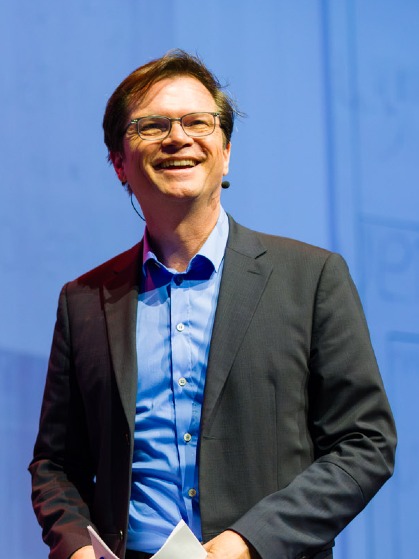
Contact
Functie
Hoogleraar Sociale Psychologie
Vakgebied
I am Assistant Professor in Applied Linguistics and Multilingualism at the University of Groningen's Center for Language and Cognition, where I direct the Minoritised Multilingualisms Research Lab. My main area of activity is heritage/minority language... read more
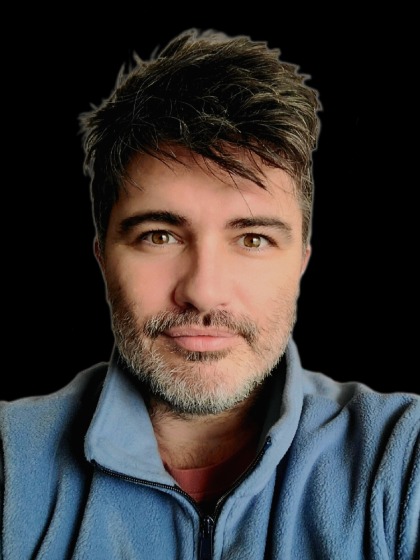
Contact
josh.prada rug.nl
Functie
Universitair Docent
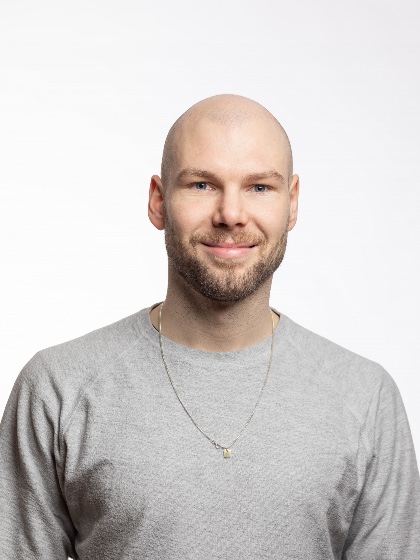
Contact
r.m.k.rehage rug.nl
Functie
Economic psychology, environmental psychology, consumer behavior, social marketing
My research in economic and environmental psychology centres on understanding how lay beliefs drive social change. I explore how people's understanding of economic concepts... read more
My research in economic and environmental psychology centres on understanding how lay beliefs drive social change. I explore how people's understanding of economic concepts... read more
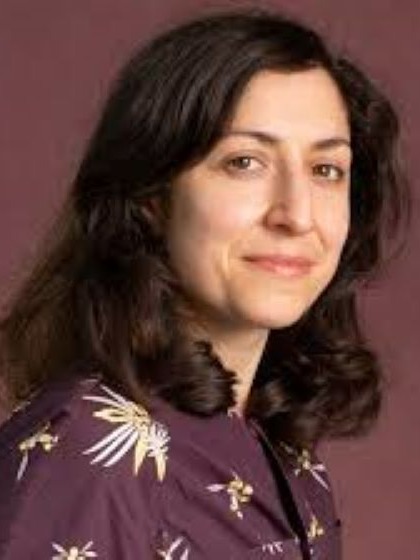
Contact
Functie
Assistant Professor
Sociale (& klinische) psychologie, onderwijs in academische vaardigheden en pedagogische wetenschappen, stagebegeleiding, onderwijs- en projectcoördinatie, studieadvies GMW
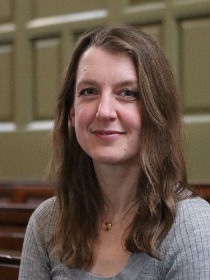
Contact
Functie
Studieadviseur Psychologie
Vakgebied
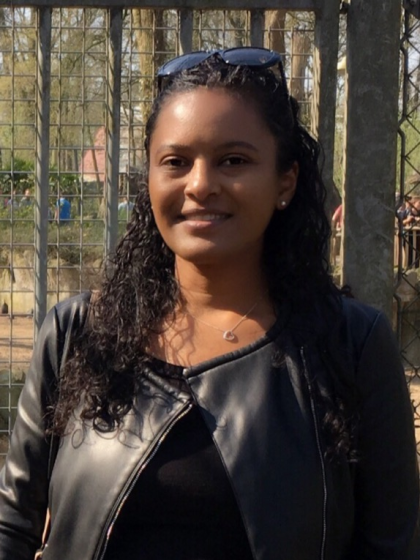
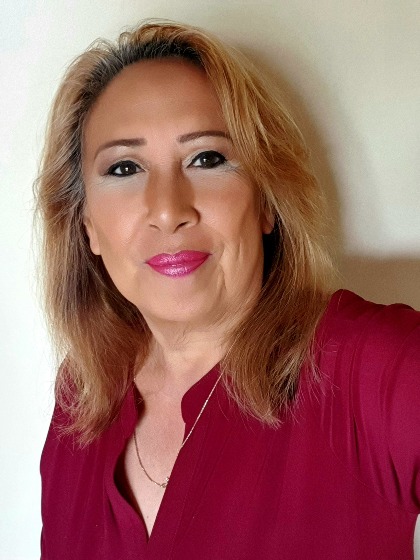
Contact
Functie
Universitair Docent
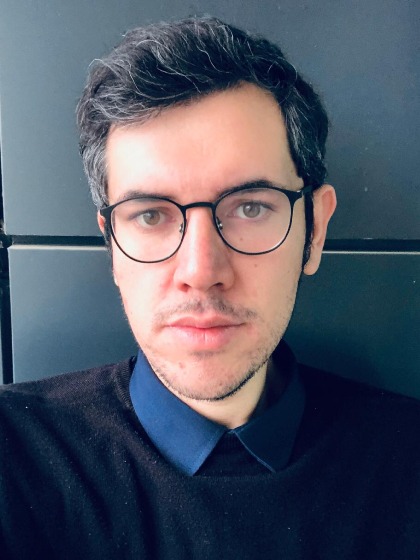
Contact
Functie
PhD Student
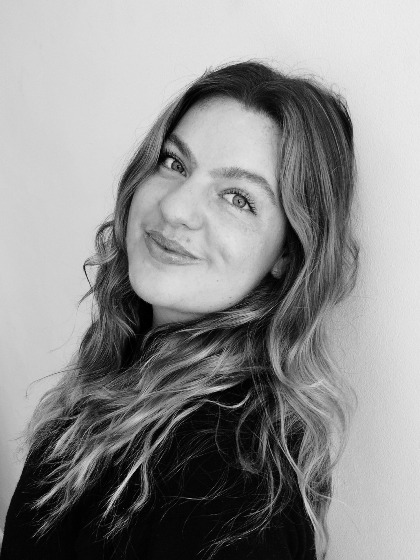
How pro-environmental actions relate to each other (especially: do people who behave pro-environmentally also support sustainable policies?) The role of intrinsic pro-environmental motivation (acting without external rewards or sanctions but because it is... read more
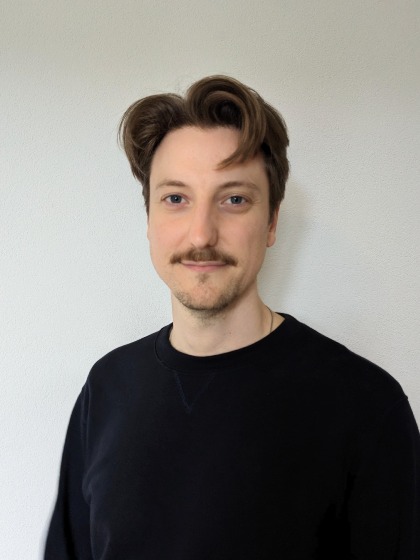
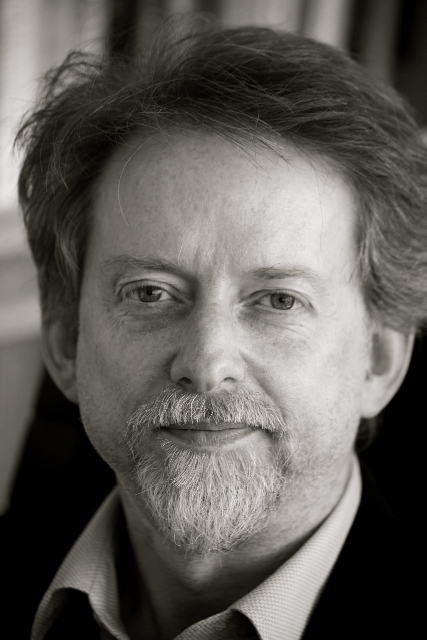
Neem contact op ---------------------------------------------------------------------------------------------------------------------Omgevingspsychologie; verklaren van milieugedrag, waaronder energieverbruik en autogebruik; acceptatie en effecten van... lees meer
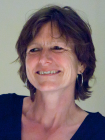
As a Ph.D. candidate in development economics at the University of Groningen, I am passionate about applying experimental methods to explore and test interventions that support the development and empowerment of women in low- and middle-income countries.... lees meer
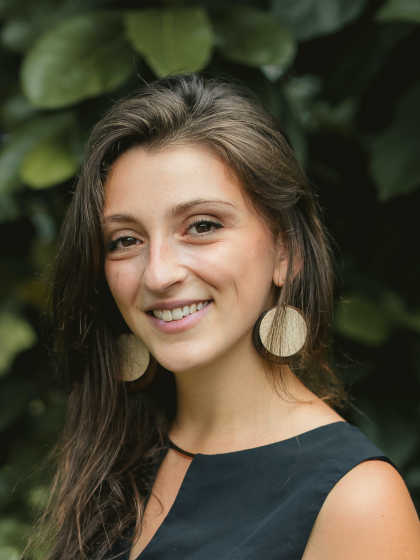
Contact
c.l.stein rug.nl
Functie
Aspiring Development Economist & Gender Equality Advocate with a commitment to translating research into action for social change
"Twijfel" in Sociale Debatten
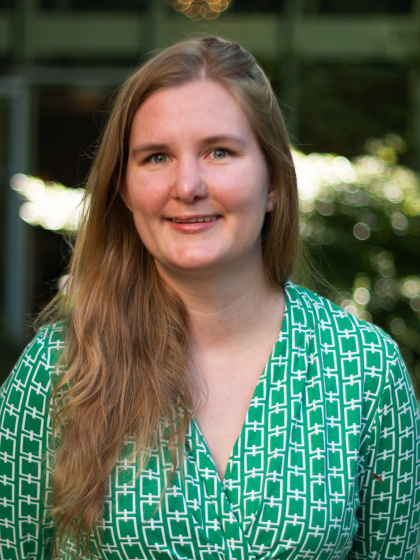
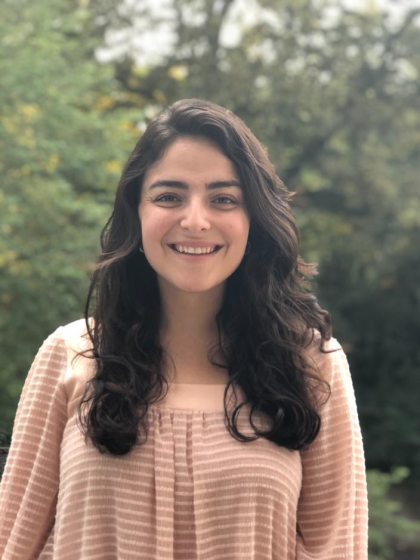
Contact
d.m.torres.alatorre rug.nl
Functie
Projectmanager bij Research Support
Vakgebied
Ik ben een sociaal psycholoog, gespecialiseerd in psycho-oncologie en gezondheidspsychologie. Ik werk op de afdeling GezondheidsPsychologie in het lab van Prof. Mariët Hagedoorn, Intimate relationships in the face of illness.Een groot deel van mijn... lees meer
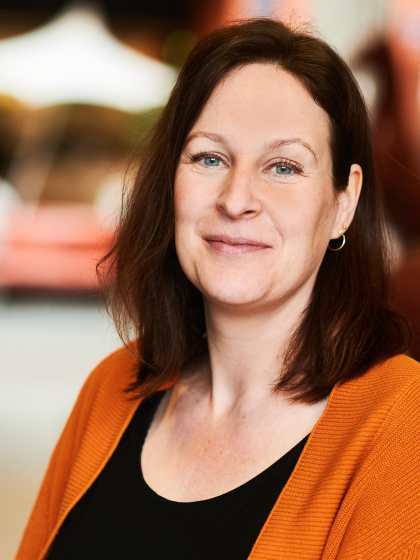
Contact
Functie
post-doc
Vakgebied
Environmental psychology, traffic psychology, social psychology, consumer psychology.
Behaviour change, designing interventions, acceptability of innovations, emission-free mobility, recycling and waste separation
Behaviour change, designing interventions, acceptability of innovations, emission-free mobility, recycling and waste separation
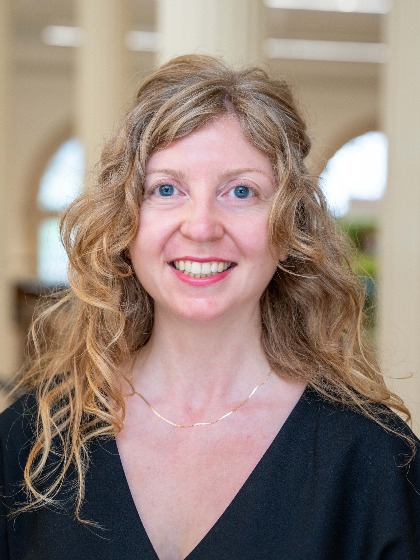
Effectief teamfunctioneren, team compositie, diversiteit, team stabiliteit, samenwerkingsprocessen tussen en binnen teams, prestatiemanagement.
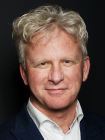
Contact
Functie
Professor
Studieadviseur: ik werk als studieadviseur voor studenten van de masteropleidingen van de Graduate School of Medical Sciences (MMIT & CPE en aanverwante tracks)
Onderwijs: naast mijn studieadviseurschap werk ik bij SCOPE; het expertisecentrum voor... lees meer
Onderwijs: naast mijn studieadviseurschap werk ik bij SCOPE; het expertisecentrum voor... lees meer
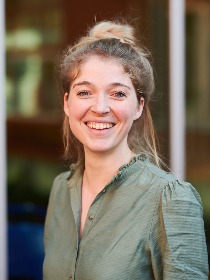
Contact
Functie
Studieadviseur GSMS masteropleidingen, docent/trainer persoonlijke ontwikkeling
Justice, trade-offs, conflict-resolution perceptions

Promovendus van het Kennisplatform Leefbaar en Kansrijk Groningen, dat kennis en onderzoek verzamelt en deelt dat relevant is voor sociaal-maatschappelijk beleid in het Groningse gaswinningsgebied. Het Kennisplatform stimuleert samenwerkingsverbanden om... lees meer
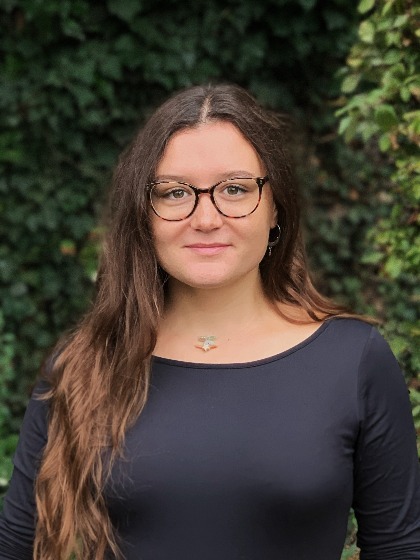
Environmental Psychology, Group Processes, Social Identity, Socio-spatial dynamics.
Teaching: Mentor Academic Skills and Research Practicum.
Research interests: I am particularly interested in how group factors can drive collective action in response to... read more
Teaching: Mentor Academic Skills and Research Practicum.
Research interests: I am particularly interested in how group factors can drive collective action in response to... read more

Contact
c.j.walker.clarke rug.nl
Functie
PhD Candidate - Environmental Psychology
Vakgebied
Social complexity, agent-based simulation, opinion dynamics, computational modelling
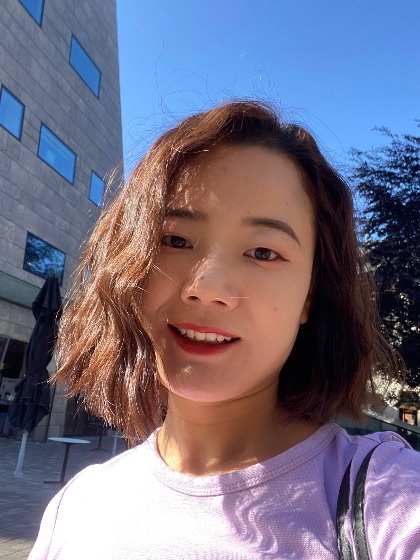
Contact
shaoni.wang rug.nl
Functie
collective emotions; regret; intergroup relationship

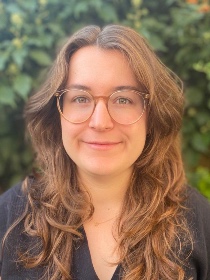
Milieuvriendelijk gedrag; gedragsverandering; milieu zelfidentiteit; interventies
Mijn onderzoek richt zich op factoren die consistent milieuvriendelijk gedrag beïnvloeden en strategieën om milieuvriendelijk gedrag te stimuleren. Ik doe onderzoek naar... lees meer
Mijn onderzoek richt zich op factoren die consistent milieuvriendelijk gedrag beïnvloeden en strategieën om milieuvriendelijk gedrag te stimuleren. Ik doe onderzoek naar... lees meer
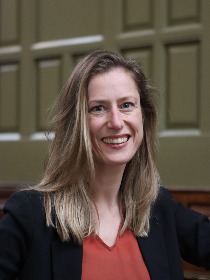
Contact
Functie
Adjunct hoogleraar omgevingspsychologie
Vakgebied
I make sure that people are able to get their jobs done. This is done through training, experiential learning, and counceling in order to: devise clear goals, design and monitoring processes, map out the necessary and available resources, foster openness... read more
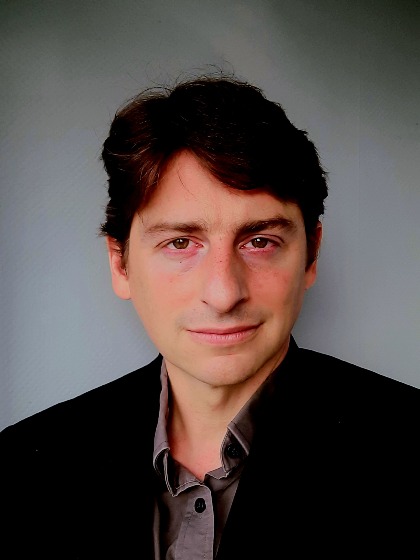
Contact
Functie
Assistant Professor of Entrepreneurship
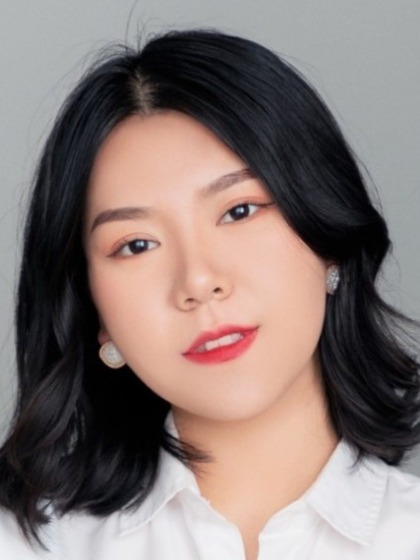
Contact
sylvia.xu rug.nl
Functie
PhD student
Onderzoeksinteresses: Mijn voornaamste onderzoeksgebieden omvatten interculturele depressiepreventie, zelfkritiek, zelfcompassie en de wisselwerking tussen culturele factoren zoals collectivisme versus individualisme, onafhankelijkheid versus onderlinge... lees meer

Contact
z.zheng rug.nl
Functie
Promotiestudent
Politieke en Culturele Psychologie van Sociale Relaties

View this page in: English
